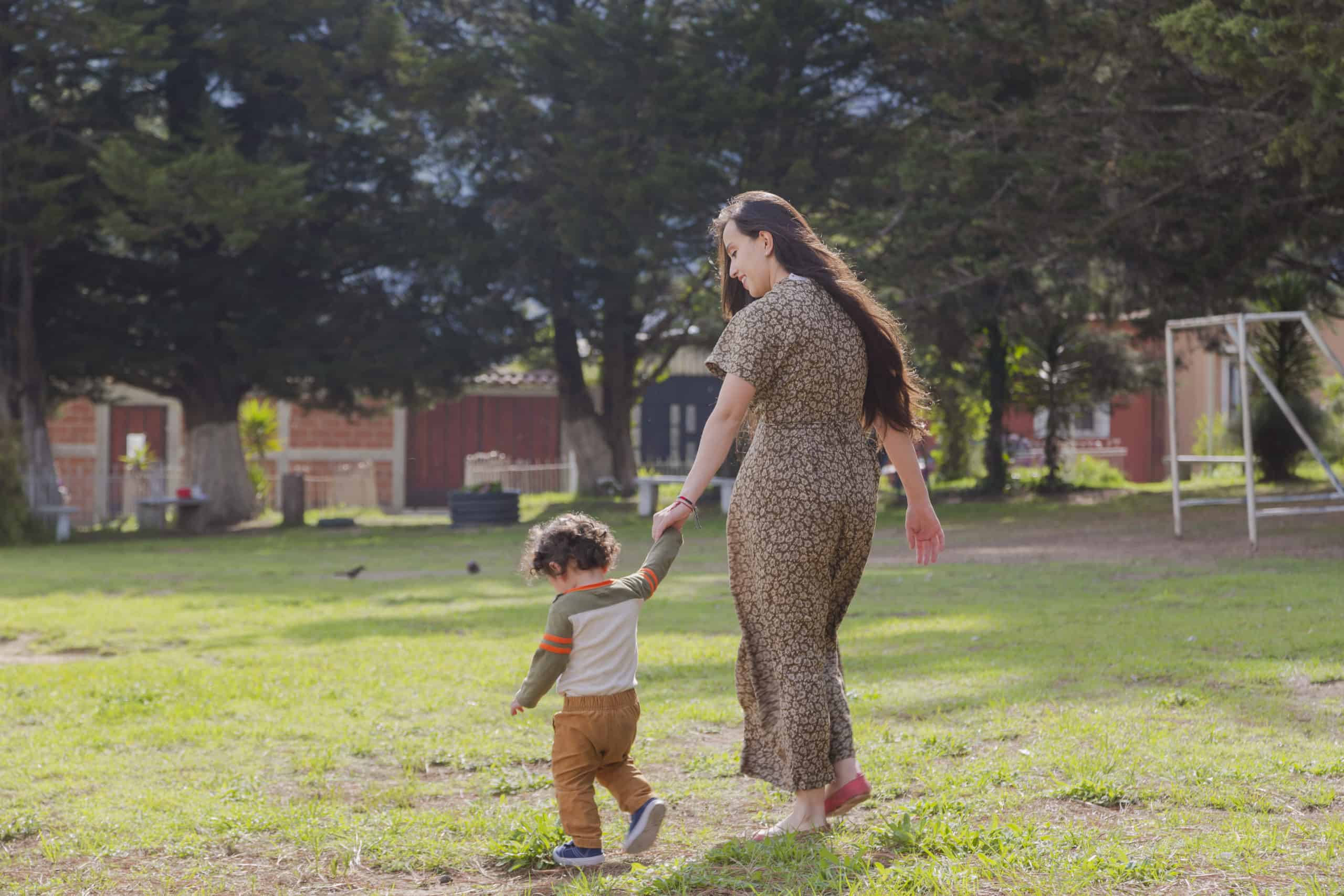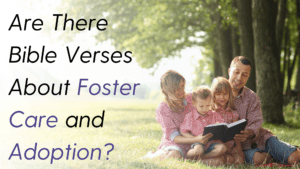I didn’t know packing up his little socks would bring me to my knees, but it did. The day before Robbie left our home, I broke. I felt like you’d expect a mother would feel when losing a child. What felt like an incredible loss to me was the beginning of prayerful healing for him. This is what family reunification means in foster care.
“Unique”
Robbie came into our home at four months old. We were brand new foster parents, and the social workers and judge told us this would likely be an adoption. We settled into that idea easily and naturally, as all the pieces just fit for our family.
My husband was worried about this idea of “shared parenting” and “reunification.” When you train to become a foster parent, you hear a lot of talk around these two concepts. We prayed through how tough it may be to co-parent with someone who may not have made the best choices for their children. We also talked with our children about the idea of reunification. They knew that helping families get back together was our goal. But with Robbie being our first placement, we seemingly didn’t have to pray through any of those concepts because his case was “unique.”
Finding Family
Fast forward six months. We were shocked to receive the news that an Aunt and Uncle had come forward who didn’t know Robbie was in foster care. After two more months of court hearings and red tape, we prepared to transition Robbie into the care of his newfound family.
About a week before he left our home, with tears in our eyes, my husband and I sat our children down to break the news that their baby brother was leaving. My daughter (5) is a fierce protector and struggled with the news. Yet, our son (7) reacted much differently. His words woke me from my heartbroken slumber and shook me to my core. His words reminded me that Robbie’s time with us wasn’t about “us.” My son celebrated, “This is amazing news. Robbie found his family. We have to celebrate with him. Can we have a party before he leaves?” This is family reunification.
Head & Heart

Robbie’s Aunt and I had been meeting for two months prior to him leaving. He needed to get to know her in case she was going to “become mommy.” I remember, at first, he wouldn’t even go to her. Then over time, he would reach for her when she walked through the door. Family reunification means participating and witnessing interactions that could make you sad and grateful at the same time.
Your head and your heart don’t often match when fostering. Still, I rejoiced then and continue to thank God that when Robbie gets older, his story won’t be “my biological family didn’t want me.” He will now know his family searched for him, found him, and fought for him.
It’s Tricky
The duty of supporting the fight for reunification for our sweet foster children is on us as foster parents. Family reunification is tricky because foster parents must prepare to care for children permanently while psychologically sharing and parenting them with others. Participating in the things that hurt your heart could be the very same things that heal broken families and let kids live out stories of redemption versus adoption.
The Lord reminded me during my time of grief after Robbie left our home that this journey is not about me. It was so easy for me to get wrapped up in Robbie being my son, living in my home, calling me mommy, and fitting into our family when the truth is he was never mine to begin with.
Definition of Grace

Family reunification means realizing your story, wants, and dreams are not those of the children you say “yes” to. If, from day one, we can accept that loving a child comes with grief as well as an incredible opportunity to play a role in their healing, we would be much better equipped to say yes. That “yes” could lead you to one of the most incredible callings on your life.
What an honor it is to be the place of safety and love for a child that needs it and be the bridge to helping a family heal and be together again. It is the definition of grace. It is becoming the hands and feet of God. This is fostering. This is family reunification.





















